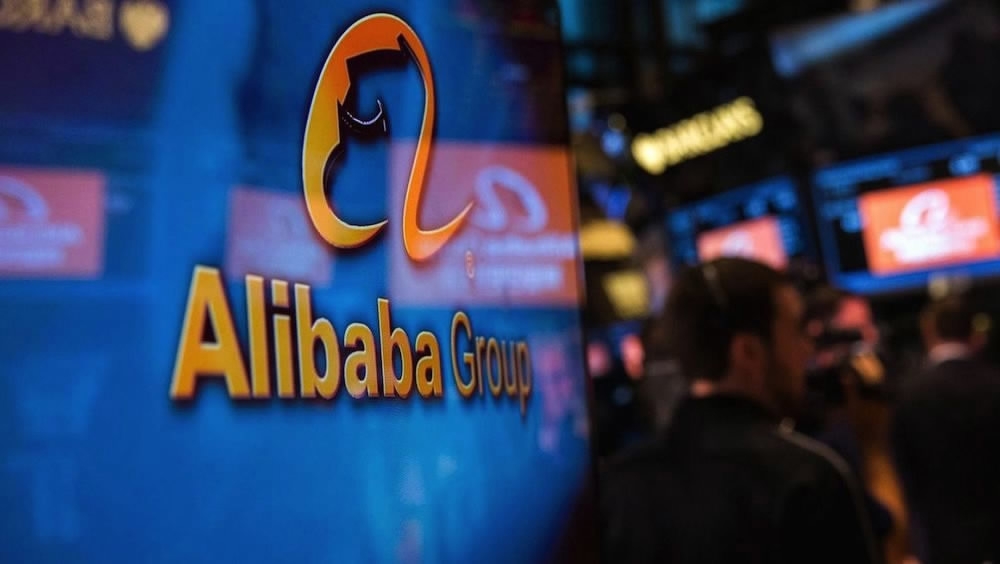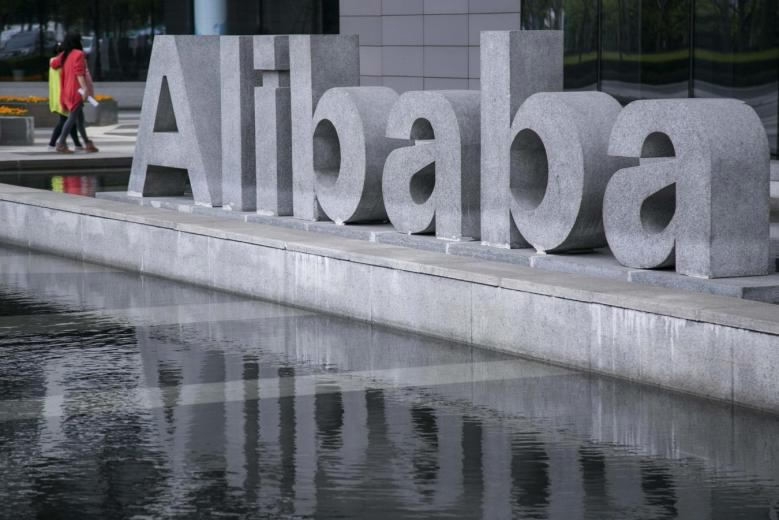
Business
20:32, 30-Nov-2017
Alibaba's jumbo bond deal sets sector benchmark in Asia
CGTN

Alibaba Group Holding Ltd’s newly-minted bonds rallied on Thursday after the Chinese Internet firm’s 7-billion-dollar multi-tranche sale attracted a blow-out response and set a precedent for rival companies to follow, analysts said.
Strong demand for the sale, the biggest by an Asian borrower so far this year, allowed Alibaba to significantly tighten the prices it offered. Orders for the bonds totaled about 40 billion dollars, bankers said.
The five-tranche deal involved bonds maturing at points from 5.5 years to 40 years. The range allows China’s biggest e-commerce company to develop a yield curve which peers could use to determine the attractiveness of maturities when issuing their own debt, analysts said.
“The tech sector (for bonds) is small in Asia and this sets a precedent for others to follow,” said CreditSights analyst Sandra Chow.
She said Alibaba, Baidu Inc and Tencent Holdings Ltd are trailblazers in Asia, where investors were generally less familiar with tech industry bonds than in the United States. Alibaba’s latest sale is its second, whereas Baidu and Tencent are seasoned issuers.
“It does help build up the market and the range of maturities will create better trading liquidity across the curve,” said Chow.

The headquarters of Alibaba in Hangzhou, Zhejiang Province, April 23, 2014. /Reuters Photo
The headquarters of Alibaba in Hangzhou, Zhejiang Province, April 23, 2014. /Reuters Photo
The tranches for the 5.5-, 10-, 20-, 30- and 40-year maturities were priced at 73, 108, 118, 138 and 158 basis points (bps) over US Treasuries. In the secondary market the bonds were trading at 63-62, 106-105,106-103, 125-122 and 144-141 bps, respectively.
The deal pricing was already far tighter than initial indications of about 100, 125-130, 140, 160 and 180 bps respectively.
“Alibaba is a fundamentally sound company with a dominant market position and solid positive cash flows,” said Alaa Bushehri, portfolio manager for emerging market debt at BNP Paribas Asset Management.
Alibaba holds 68.1 billion yuan (10.31 billion US dollars) in net cash, meaning its total cash exceeds its total debt. Analysts said however that it was wise of the company to borrow.
“Raising debt when they can is smart – they could use the money for more investments and acquisitions in future. They have talked about FMCG (fast-moving consumer goods), food or logistics, so we could see purchases there,” said Chow.
The company sold 700 million dollars in 2.800 percent bonds due 2023, 2.55 billion dollars in 3.400 percent bonds due 2027, one billion dollars in 4.000 percent bonds due 2037, 1.75 billion dollars in 4.200 percent bonds due 2047.
It also sold one billion dollars in 4.400 percent bonds due 2057 – a time frame more than twice as long as the company, founded in 1999, has been in existence.
Alibaba has invested upwards of 9.3 billion dollars in brick-and-mortar stores since 2015. Earlier this month it said it would invest 2.87 billion dollars for a major stake in China’s top hypermart operator, Sun Art Retail Group Ltd, as part of a wider push into offline retail.
Morgan Stanley, Citigroup, Credit Suisse, Goldman Sachs and JPMorgan are the bookrunners for the bond, which is rated A1/A+/A+ (Moody‘s/S&P/Fitch), the same ratings as the issuer.
1123km
Source(s): Reuters

SITEMAP
Copyright © 2018 CGTN. Beijing ICP prepared NO.16065310-3
Copyright © 2018 CGTN. Beijing ICP prepared NO.16065310-3